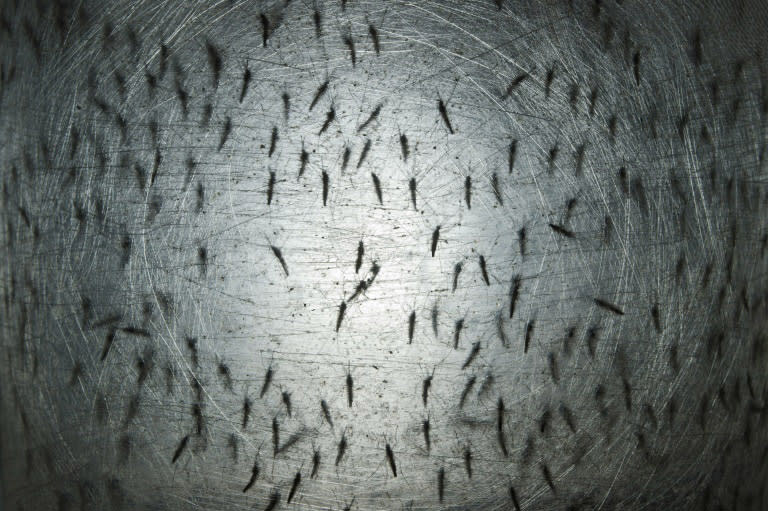Why Singapore remains vulnerable to mosquito-borne diseases
A large proportion of the Singapore population lacks immunity to mosquito-borne diseases, due to intensive mosquito control in the past decades, said Minister of Environment and Water Resources Masagos Zulkifli.
“Disease transmission occurs easily even with a very small mosquito population,” noted Masagos as he updated Parliament on his ministry’s efforts on fighting the Zika outbreak in Singapore on Tuesday (13 September).
But unlike many other countries where dengue is endemic, children in Singapore have a lower chance of contracting dengue – a trend that Masagos noted “has paradoxically — lowered our herd immunity.”
Being densely populated also makes it easier to breed the Aedes Aegypti. This mosquito has been responsible for causing outbreaks like Zika, Dengue and chikungunya in Singapore.
Globally, the number of dengue cases has been increasing – from 2.2 million in 2010, to 3.2 million cases in 2015, according to the World Health Organisation. Singapore’s warm and humid climate also allows mosquitoes to breed all year round – making it impossible to eradicate the Aedes Aegypti mosquito in Singapore.

The mosquito population has been kept low in Singapore, said Masagos. Photo: AFP
Masagos also noted that a warmer climate would accelerate the breeding of mosquitoes, contributing to the spread of diseases.
To continue the strategy of keeping the mosquito population low, the National Environment Agency (NEA) will be beefing up surveillance to track the growth of the Aedes Aegypti mosquitoes with the use of gravi-traps, which are black cylindrical containers with sticky surfaces to trap female Aedes mosquitoes looking for water surfaces to lay their eggs, would be further deployed. By the end of 2016, 48,000 gravi-traps would be deployed, an increase from the existing 37,000 units, said Masagos.
Come October, the NEA will start to release male Aedes aegypti mosquitoes carrying the naturally-occurring Wolbachia bacteria, which would prevent the hatching of mosquitoes.


